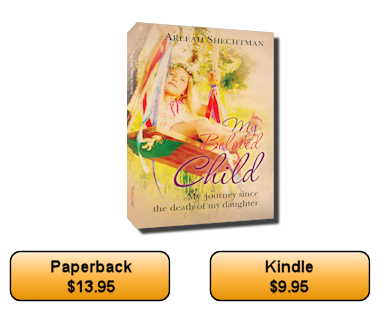The Seven Basic Feelings SAD
The seven basic feelings are;
Mad
Sad
Glad
Hurt
Afraid
Shame
Hope
Whenever I state these, people always ask me, well, what
about love? I answer that love is
the core of everything. It is
called many things, but feeling connected to others and ourselves is our basic
humanness. The other seven are
ancillary and help us negotiate the basic problems of love.
Love is the most basic need of all. To feel welcomed, valued, honored and
accepted (to name a few) is what every one of us hopes to achieve.
Each feeling has its accompanying need and consequence if
not met.
So I am going to take each feeling and expand on it a bit in
hopes that people can begin to articulate what they are feeling a little
better. That helps a lot in
relationships
It always amuses me that if you ask a an what he feels, he
will tell you what he thinks and obversely, if you ask a woman what she thinks,
she will likely tell you what she thinks.
The integrating of thinking and feelings creates the outcomes we all
desire. Putting who you are back
on what you do.
The next feeling on the list is SAD. Sad is also a very basic emotion, so
basic that we have to stop little boys from crying as soon as possible, at
least before they start kindergarten. Girls get a pass for being “Tomboys” until about
adolescence, then they have to become young ladies. Hopefully that is changing for males.
There is so much to be said about grief that it is hard to
know where to start, given that I have experienced grief as the great heal and
simultaneously the most profound change agent available. As the Bobby “Blue” Bland song goes,
“You’ve Got to Hurt Before You Heal” because when humans lose
something they value it changes us.
Grief requires comfort and expression. If those two needs aren’t met people
become cynical and, often, bitter.
This usually leads to distancing and further isolation. If, on the other hand, they
are met, healing, recovery and building a new life are possible, even likely.
Part of what makes grief so difficult and tricky is that it
is easy to disconnect feelings from the cause. Nothing turns hostile quicker than unexpressed grief. Grief goes on longer then we expect or
have the patience for because rebuilding after a major loss is slow, hard work.
I remember about five years after my daughters’ death I
decided that that was enough grieving on my part, so I didn’t go to the
cemetery or do any of my usual honoring of her life that year. Imagine my surprise when I started
hearing from my husband (not her father) “what is wrong with you, you are
snappy and hostile in ways we Morrie & David, (my stepson) don’t deserve. I was very surprised; I didn’t think
anything was wrong. In fact I was
proud of myself for my decision.
It took a couple of days to realize that my decision to not honor her
and myself was the “cause” of my hostility. That
disconnect happens so fast. I have
learned that I don’t have to do much anymore, just acknowledge the important
anniversary dates, then I can move on.




No comments:
Post a Comment